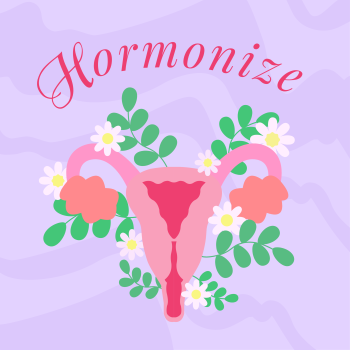
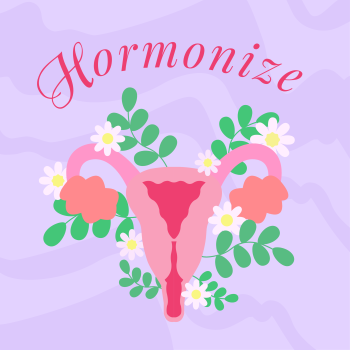
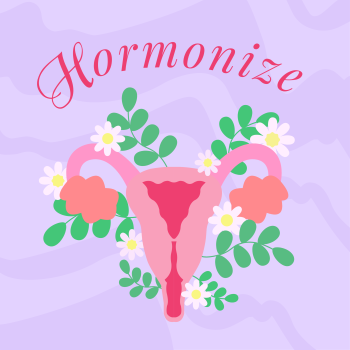
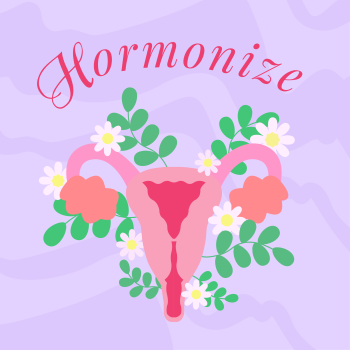
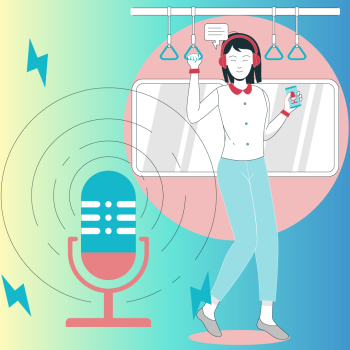
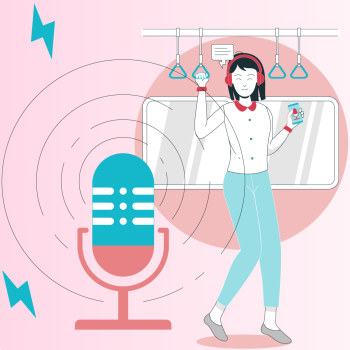
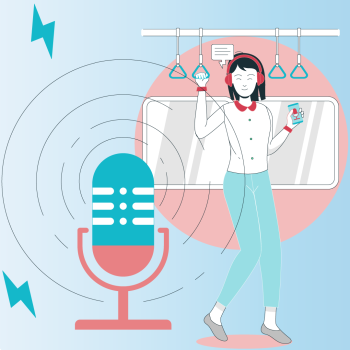
|
By treating a refugee as purely black or purely woman, man heterosexual, we tend to ignore challenges refugees in the LGBTIQA community face, thinking that racial discrimination is what happens to all black refugees and gender discrimination is what happens to refugees on the basis of their binary gender. With this thinking, what happens to black LGBTIQA refugees as female or male or neither is thus difficult to comprehend. Anti-racism interventions in youth work should go beyond the traditional monolithic approach that falls either under just racial discrimination or just gender discrimination and practice a youth work that addresses together race, sex, and gender discrimination.
Refugees have individual identities that intersect in ways that impact how they are viewed, understood, and treated. For instance, a black lesbian refugee is both black and a woman, but because she is a black lesbian refugee woman, she endures unique forms of discrimination that a black refugee woman might not. That is, a black lesbian refugee woman would experience racial prejudice differently than a black refugee woman even if they both do experience racial, sexual, gender discrimination as black women. Intersectionality makes room for this intersectional criticism that brings about debate and the establishment of policies that normalise the creation of a more just and egalitarian society.
Such an intersectional criticism in addressing racism seeks to awaken a critical awareness and thinking process within the individuals and anti-racism actors, establishing that efforts to address one form of oppression do take others into account. That is, addressing racism experienced by refugees require examining other forms of sexual and gender prejudices experienced by refugees. For e.g., examining how women, men heterosexual refugees experience racial, sexual, and gender bias differently from refugees in the LGBTIQA community. Once we acknowledge the role of race, sex, and gender in racism experienced by refugees, we can then address it and design policies that work for everyone. |





 Published on 26.02.2021 at 19:00
Published on 26.02.2021 at 19:00